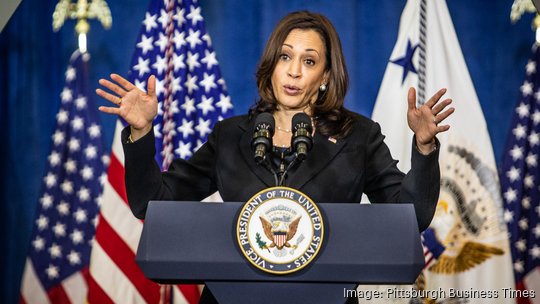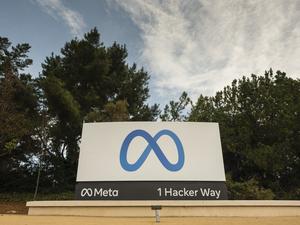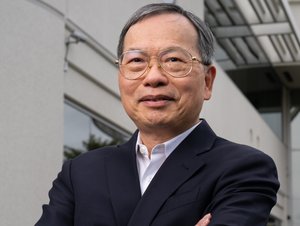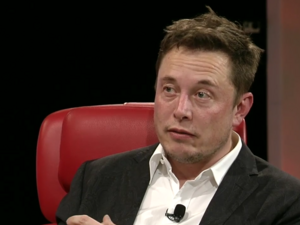
A group of technology execs, including Alphabet Inc. CEO Google's Sundar Pichai and Open AI LLC CEO Sam Altman, are at the White House on Thursday to talk about possible safeguards needed on the use of generative artificial intelligence.
The meeting comes a day after Federal Trade Commission Chair Lina Khan warned in a New York Times piece that some "large incumbent technology firms" may try to use the technology to lock in market dominance and others may use it to collude and unfairly inflate prices.
"When enforcing the law’s prohibition on deceptive practices, we will look not just at the fly-by-night scammers deploying these tools but also at the upstream firms that are enabling them," Khan wrote.
Ahead of the meeting to be led by Vice President Kamala Harris, the White House said the National Science Foundation will spend $140 million to create seven new research centers devoted to A.I. It also said it plans to release draft guidelines to ensure that their use of A.I. safeguards "the American people’s rights and safety" and that some AI companies will make their products available for scrutiny at an August cybersecurity conference.
"Our North Star here is this idea that if we're going to seize these benefits, we have to start by managing the risks," Reuters quoted an unnamed "senior administration official" as saying.
In addition to Pichai and Altman, other tech leaders set to attend Thursday's meeting include Microsoft Corp. CEO Satya Nadella and Dario Amodei, CEO of San Francisco-based Anthropic Inc.
The White House last year proposed a "Blueprint for an A.I. Bill of Rights" designed to protect user data privacy and prevent discriminatory outcomes. The Commerce Department has been working ways to reduce risks in AI development and proposed a framework of rules towards that end earlier this year.
OpenAI last year supercharged discussions that had been going on for years with the release of its ChatGPT software that can quickly create content when asked in simple text prompts. ChatGPT and other generative AI apps at the moment are also prone to include inaccuracies known as "hallucinations." Critics have also raised concerns about people who may use the technology to spread disinformation or break the law.
Microsoft has partnered with OpenAI and pledged to invest billions in it while quickly beginning to include the technology in its offerings. This has prompted quick responses from others, including Google and Meta Platforms Inc. which have both been developing their own versions of generative AI for years.







